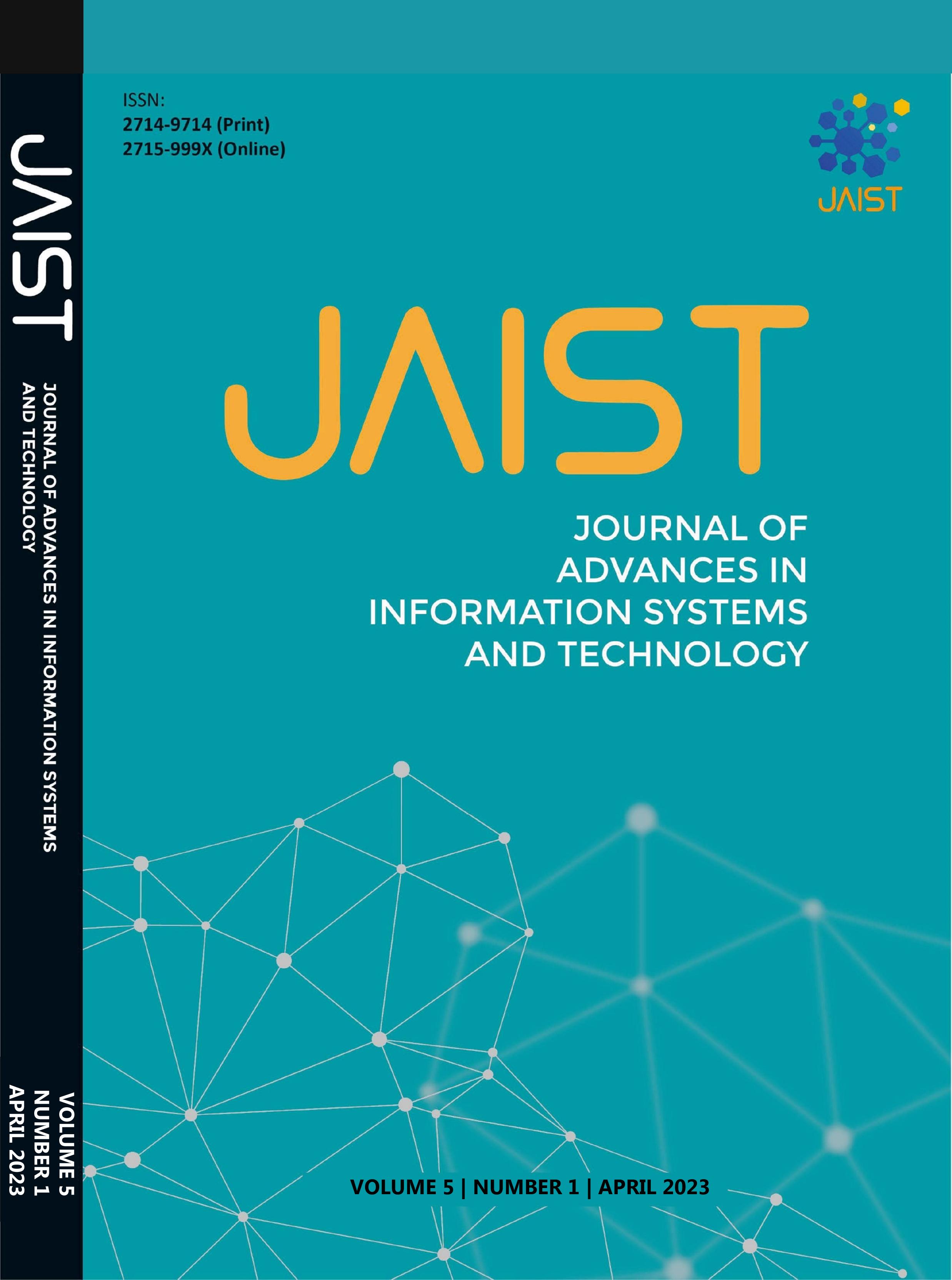Factors Influencing Community Behavior towards SIKER: An Extension of the TAM model
Abstract
Sistem Kerja (SIKER) is a system that allows the public to make yellow cards/AK1, join job training, look for job vacancies and invite for interviews. In its application, not many public of Semarang city have adopted SIKER even though the city of Semarang is ranked 2nd in the excellent category in Central Java province in the e-government rankings. This study will observe the effect of perceived usefulness, perceived ease of use, facilitating conditions, and social influence on the behavioral intention of the public of Semarang city in utilizing SIKER, and the variables age and perceived trust will be used as intervening variables. This study uses a quantitative descriptive method with a data analysis approach using Partial Least Square Structural Equation Modeling (PLS-SEM) by utilizing SmartPLS version 3.2.9 tools. A number of 330 valid respondents participated in this current study. The results of this study show that the factors that influence the behavioral intention of the public of Semarang are perceived trust, perceived usefulness, facilitating conditions, and age with a negative direction. Perceived trust is proven to be the biggest factor influencing the behavioral intention to use SIKER services. Whereas the intervening effect of perceived trust is proven to intervene with perceived ease of use and perceived usefulness towards behavioral intention with the intervening effects of full mediation and partial mediation. However, for age, it is proven not to intervene with no intervening effect and unmediated effect.
Copyright (c) 2023 Journal of Advances in Information Systems and Technology

This work is licensed under a Creative Commons Attribution-ShareAlike 4.0 International License.


